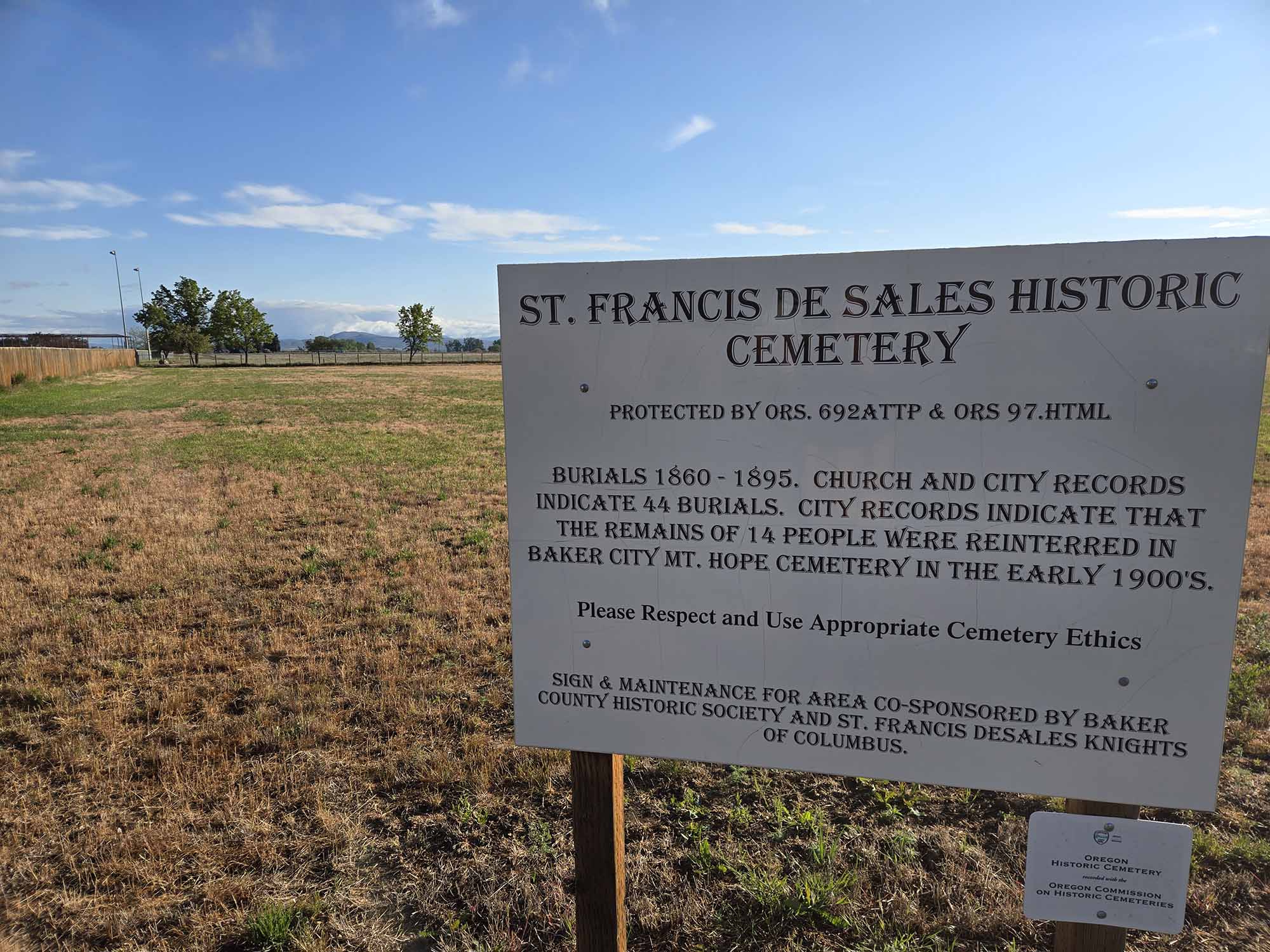EDITORIAL: Misusing tax kicker
Published 12:35 pm Wednesday, May 29, 2019
Getting “the most bang for your buck” is among the most common of clichés, yet some legislative leaders in Salem seem to be unfamiliar with the concept.
Trending
House Speaker Tina Kotek, for instance.
The Democrat from North Portland wants to appropriate half of the estimated $1.4 billion in income tax rebates that Oregonians are supposed to receive next year.
On its face, Kotek’s proposal is troubling.
Trending
Oregon voters, after all, decided in 2000 to amend the state Constitution to include the tax rebates, known popularly as the “kicker,” when our income tax payments to the state exceed the estimates of state economists by at least 2 percent.
Voters most assuredly did not include, in their approval of that amendment, a proviso that they would be happy to forego their rebates to satisfy the whims of legislators.
It happens, though, that politicians could make a reasonable case for using at least some of the kicker rebate money in a way that could confer legitimate benefits on taxpayers — get at least a minor bang for the buck, to return to where we started.
That reasonable use is reducing the deficit in Oregon’s Public Employees Retirement System (PERS).
The PERS problem, the financial albatross that has been hovering over Oregon for more than a decade and shows no signs of veering away, affects every part of the state.
To ensure the ludicrously generous pensions that the system guarantees to state, local and public school employees hired before Jan. 1, 1996 (benefits for workers hired after that date, though still remunerative, are much less egregious), every city, county and school district is paying an increasingly large percentage of its revenue into the system.
Baker City’s contribution, for instance, is projected to rise by about 30 percent for the two-year period starting July 1. The bottom line is that the city will have to pay more than $125,000 more per year — money that will not provide any service to city residents.
Ideally, every dime of kicker dollars would return to the Oregonians who earned the money.
But the Constitution does allow the Legislature to keep some of the money so long as two-thirds of lawmakers in both the House and Senate agree.
The bill Kotek introduced recently, unfortunately, wouldn’t use kicker money to potentially ease the burden of the ongoing PERS debacle on taxpayers.
The House Speaker instead wants to spend $260 million to improve the I-205 bridge over the Willamette River, $245 million to help trucking companies invest in cleaner diesel engines, and $245 million for a “Zero Emission Fund” to convert the state’s vehicle fleet to zero-emissions models.
That’s a lot of bucks.
But when it comes to providing tangible benefits to Oregonians, in exchange for keeping money to which taxpayers are otherwise constitutionally entitled, Kotek’s proposal is much closer to a whimper than to a bang.
— Jayson Jacoby, Baker City Herald editor









